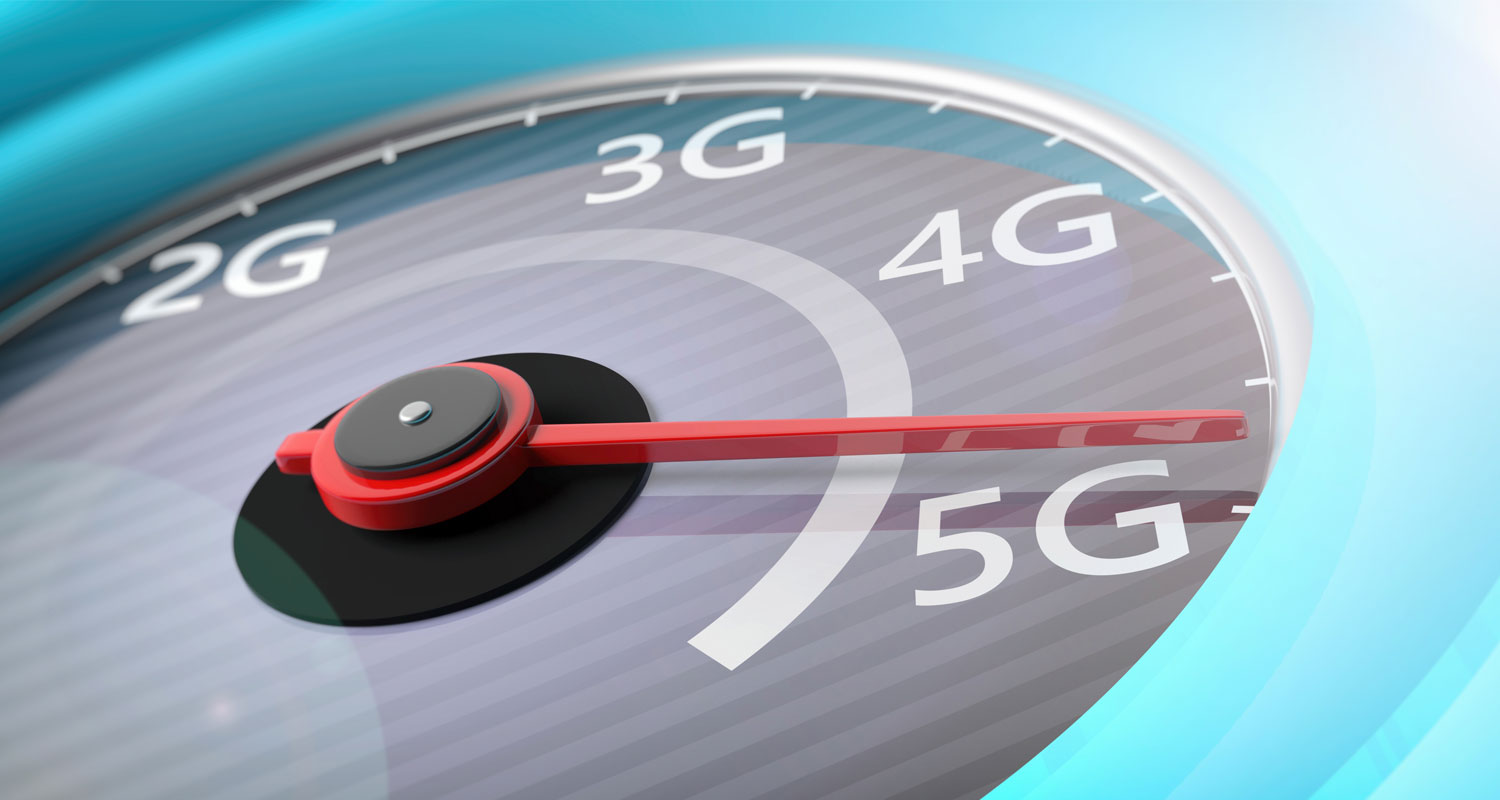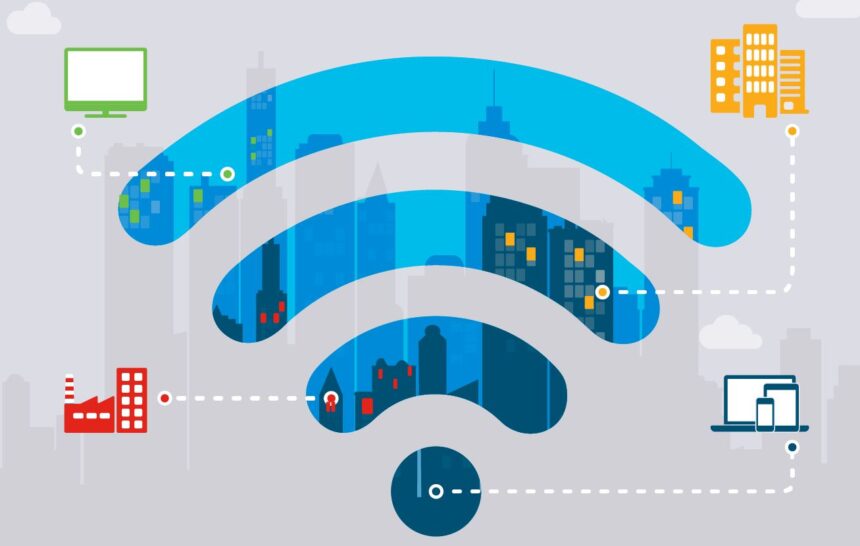Wireless Spectrum is the lifeblood of communication networks, and one of the most important legislative decisions in any country is deciding who gets to use it and for what purpose.
One of the hottest debates in South Africa today revolves around 6GHz spectrum, particularly its allocation for either Wi-Fi or 5G services. Communications regulator Icasa has already opened the lower unlicensed 6GHz band (5.925GHz to 6.425GHz) for indoor, low-power Wi-Fi use – a commendable step.
Subsequently, in June this year, Icasa published a request for information seeking submissions from all incumbent users of this band. This was a first step towards creating an automated frequency coordination (AFC) database that will allow spectrum sharing and co-existence between the incumbents and unlicensed users, opening the door for using this frequency band in an outdoor environment. The upper 6GHz band has sparked a fierce battle between proponents of unlicensed Wi-Fi and advocates for 5G
However, the more contentious issue lies with the upper 6GHz band, which has sparked a fierce battle between proponents of unlicensed Wi-Fi and advocates for 5G.
Globally, 5G rollouts have yielded few success stories. Hyped as the technology that would revolutionize the world and everything from self-driving cars to remote surgery, the reality has fallen far short. These grand visions have proven to be little more than pipe dreams, making 5G perhaps the biggest white elephant in telecommunications history.
The term “white elephant” originates from Asia, where such rare animals were seen as symbols of wealth and prosperity because they were expensive to maintain and had little practical use. Similarly, 5G has become a costly endeavor with limited tangible benefits. Ask any user of the latest Samsung or Apple smartphones how 5G has changed their lives, and you’re likely to be met with blank expressions.
In stark contrast, Wi-Fi has been a monumental success. Yet it has been starved of spectrum, making Icasa’s decision to open the lower 6GHz band a welcome relief. However, the real battle is over the upper 6GHz band. Should it be allocated to the already faltering 5G networks, or to the consistently successful Wi-Fi?
The battle for the upper 6GHz band
The World Radiocommunication Conference (WRC) held in November 2023 in Dubai highlighted this debate. While the Americas and South Korea have already allocated the entire 6GHz band to unlicensed Wi-Fi, the WRC ruled that the upper band should be identified as IMT spectrum (for 5G) in region 1, which includes Europe, Africa and parts of the Middle East.
This decision has been met with significant resistance, particularly in Africa and Europe, where the war over the spectrum continues. What made the WRC think that our region only needs half as much Wi-Fi as the Americas?
One of the biggest reasons for this pushback is that the 6GHz band already has incumbent users. Unlicensed Wi-Fi can coexist with these users through an AFC database, a system successfully implemented in the Americas. However, this is not feasible for mobile 5G services due to the higher power levels required and the constant movement of users.
5G would require priority access to give a reasonable class of service while generating interference, making coexistence with incumbents impossible.
Secondly, while midband spectrum (1-6GHz) is considered ideal for 5G, even within this range the highest frequency currently in use in South Africa is 3.5GHz. The higher the frequency, the lower the range and the poorer the in-building penetration. Allocating the upper 6GHz band to 5G would exacerbate these issues, making it dysfunctional for all intents and purposes.
Third, there are no IMT chipsets or equipment available for 6GHz and manufacturing it at scale would be costly and time-consuming. Moreover, there is no incentive to produce this equipment for regions like the Americas and South Korea, where the entire band is designated for unlicensed Wi-Fi. Yet it’s manufacturers of this equipment that stand to be the biggest winners from the flawed WRC decision.
A win-win solution
It stands to reason that the WRC’s decision to allocate the upper 6GHz band to cellular operators in Africa was based on flawed research and will ultimately benefit no one. The push for this allocation is driven by equipment manufacturers eager to sell gear, rather than the actual needs of network carriers or consumers.
But there is a better solution that would benefit everyone if the decision was reversed and the upper 6GHz band was allocated for unlicensed Wi-Fi use, and it already exists.
Wi-Fi/cellular handover allows for seamless switching between Wi-Fi and cellular networks without user intervention, using Hotspot 2.0 and Pass point for automatic authentication. It has been successfully implemented globally, where users have benefitted from improved connectivity for years.
Not only does this technology improve call quality and offer coverage in hard-to-reach areas, but it also frees up licensed spectrum for the cellular networks. In South Africa, despite setbacks like the bankruptcy of the Vast public Wi-Fi network, which was testing this technology, Wi-Fi handover presents a compelling reason to rethink spectrum allocation.
 Thus, the debate over the 6GHz spectrum is far from over. For the sake of better connectivity and more efficient use of resources, it is crucial to reconsider the allocation of the upper 6GHz band and prioritize unlicensed Wi-Fi, a proven and necessary technology for the future, rather than the failed 5G experiment.
Thus, the debate over the 6GHz spectrum is far from over. For the sake of better connectivity and more efficient use of resources, it is crucial to reconsider the allocation of the upper 6GHz band and prioritize unlicensed Wi-Fi, a proven and necessary technology for the future, rather than the failed 5G experiment.










 /home/afripjzx/technewsglobal.net/wp-content/themes/foxiz/templates/popup.php on line 167
/home/afripjzx/technewsglobal.net/wp-content/themes/foxiz/templates/popup.php on line 167